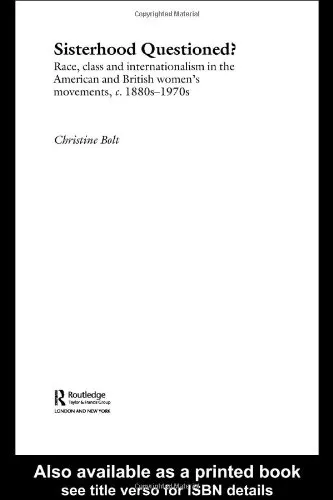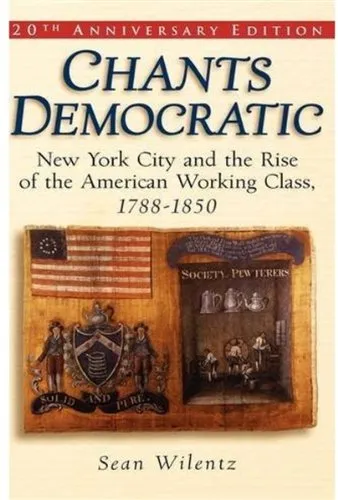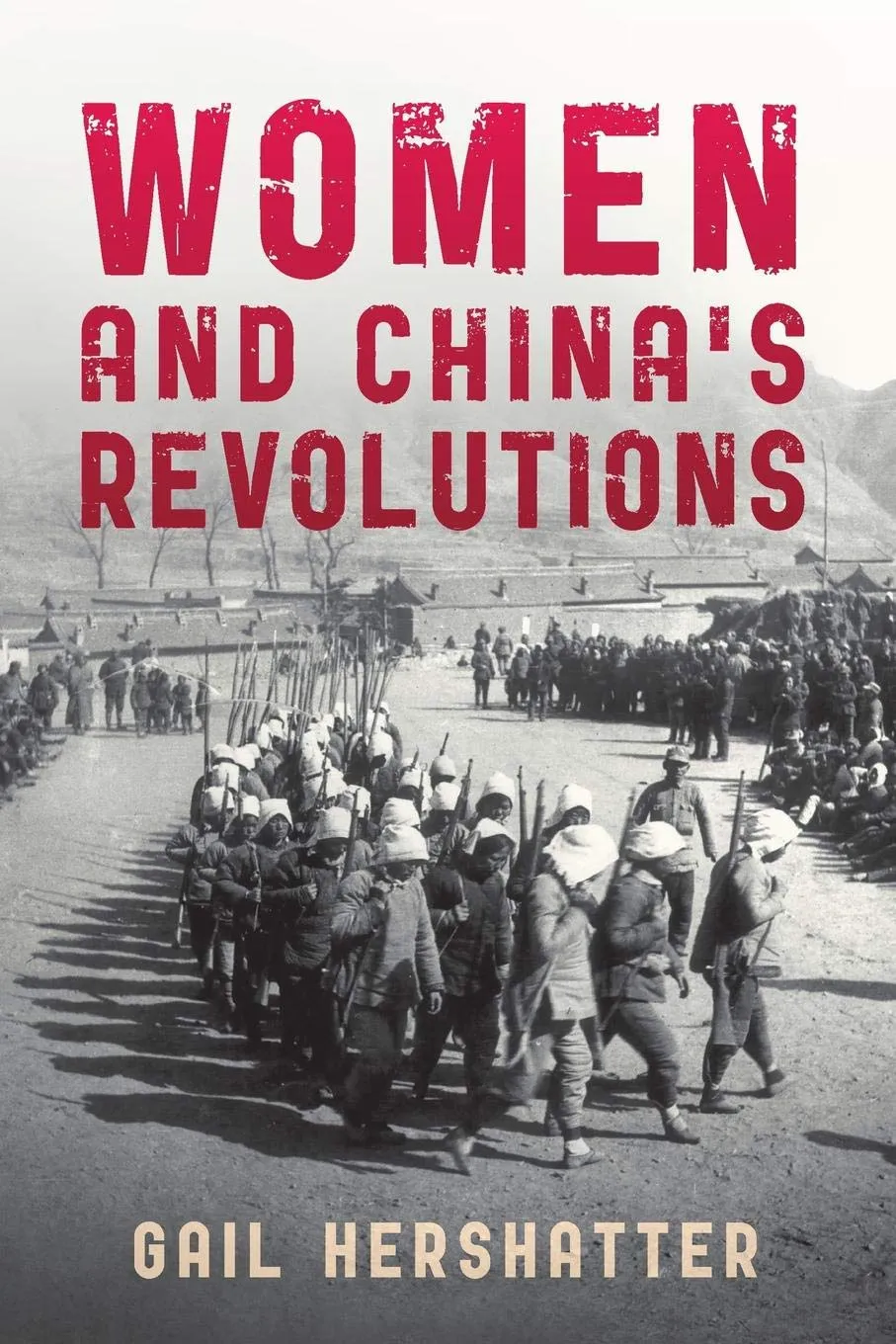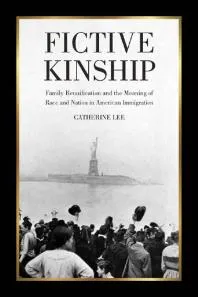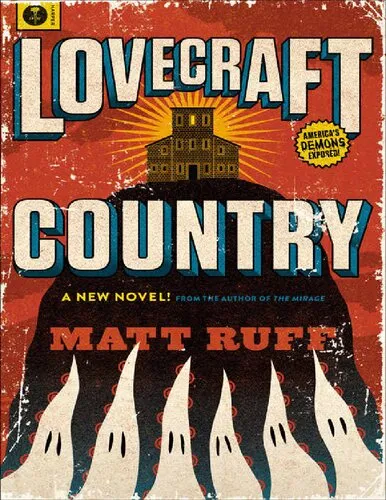Sisterhood Questioned: Race, Class and Internationalism in the American and British Women's Movements, c. 1880s - 1970s
4.5
Reviews from our users

You Can Ask your questions from this book's AI after Login
Each download or ask from book AI costs 2 points. To earn more free points, please visit the Points Guide Page and complete some valuable actions.Related Refrences:
Analytical Summary
This book, Sisterhood Questioned: Race, Class and Internationalism in the American and British Women's Movements, c. 1880s - 1970s, critically examines the interplay between race, class, and internationalist ideals in the evolution of feminist activism across the United States and Britain during a transformative historical period. Written with scholarly precision, it interrogates the extent to which the concept of “sisterhood” truly bridged the socio-economic and racial divides among women activists.
The narrative traces how differing political, cultural, and social contexts shaped feminist priorities in both nations. Christine Bolt offers a comparative lens that reveals tensions within transatlantic feminism, illuminating the ways in which race and class sometimes fragmented solidarity. Through archival research, firsthand accounts, and acute historical analysis, she presents a nuanced portrait of women’s struggles to reconcile local activism with global commitments.
From the 1880s emergence of organized women's rights campaigns to the vibrant and occasionally fractious movements of the 1970s, the book maps pivotal events, conferences, publications, and networks that influenced both American and British trajectories. It neither romanticizes solidarity nor dismisses the achievements of cross-national alliances, but instead offers a balanced and evidence-based critique of the limits and possibilities inherent in such alliances.
Key Takeaways
Readers gain a deeper understanding of how feminist movements, while sharing overarching goals, navigated complex divisions rooted in race, class, and political ideology.
One key takeaway is the recognition that “sisterhood” was frequently challenged by systemic inequalities that activists themselves were sometimes unable to overcome. Bolt’s comparative approach underscores the importance of examining the internal dynamics of movements, not just their outward-facing campaigns.
Another takeaway is the value of internationalism: despite obstacles, transatlantic exchanges and collaborations enriched both national movements. This interplay fostered innovation but also revealed the difficulties in balancing diverse priorities and lived experiences.
The work urges contemporary scholars and activists to consider the historical lessons embedded in these struggles, encouraging a critical lens toward present-day feminist organising and the persistent need for inclusion and equity.
Memorable Quotes
“The ideal of sisterhood must be measured against the realities of race and class that so often divide us.” Unknown
“Internationalism offered possibilities, but only when openness to diverse experiences was genuine.” Unknown
“Understanding past fractures in women’s movements is a prerequisite to forging stronger alliances today.” Unknown
Why This Book Matters
In an era when global feminism is both celebrated and challenged, this book provides historical grounding that is essential for meaningful dialogue.
Sisterhood Questioned: Race, Class and Internationalism in the American and British Women's Movements, c. 1880s - 1970s distinguishes itself by not merely recounting events but analyzing the intricate connections and discordances that shaped feminist history. Its relevance extends beyond academic circles, as modern activism can glean strategies and cautionary lessons from its findings.
For scholars, policymakers, and activists, engaging with these historical narratives reveals the importance of recognising differences without undermining solidarity—a challenge as pressing today as it was in the late 19th and 20th centuries.
Inspiring Conclusion
As you turn the final pages of Sisterhood Questioned: Race, Class and Internationalism in the American and British Women's Movements, c. 1880s - 1970s, the intricate tapestry of feminist history comes alive with both its triumphs and its tensions.
This book invites you not only to appreciate the complexities of past activism but also to apply its lessons to modern contexts. The dialogues between race, class, and internationalism remain far from resolved, yet they continue to shape the pursuit of equality. By engaging in discussions, sharing insights from the text, and critically reflecting on its themes, readers can contribute to building a more inclusive and effective feminist movement today.
Your next step? Read deeply, question thoughtfully, and join the conversation—because the sisterhood, however questioned, still calls for our commitment and participation.
Free Direct Download
You Can Download this book after Login
Accessing books through legal platforms and public libraries not only supports the rights of authors and publishers but also contributes to the sustainability of reading culture. Before downloading, please take a moment to consider these options.
Find this book on other platforms:
WorldCat helps you find books in libraries worldwide.
See ratings, reviews, and discussions on Goodreads.
Find and buy rare or used books on AbeBooks.
1297
بازدید4.5
امتیاز0
نظر98%
رضایتReviews:
4.5
Based on 0 users review
Questions & Answers
Ask questions about this book or help others by answering
No questions yet. Be the first to ask!
